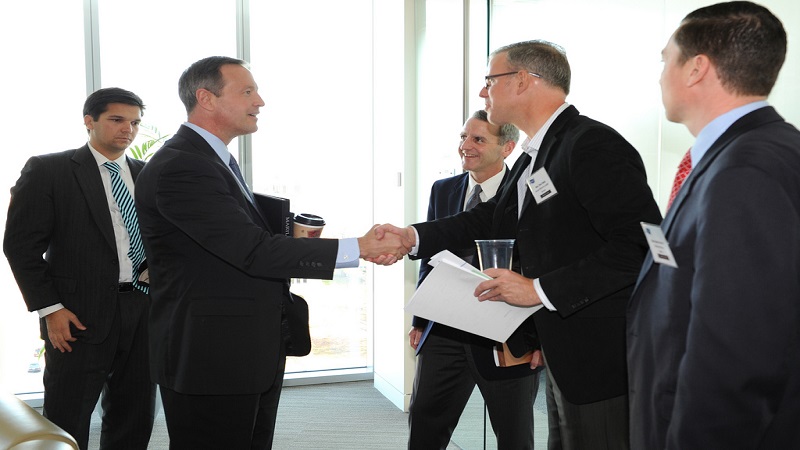7 ways Generation Z will change the working world
https://contactcentresummit.co.uk/wp-content/uploads/2017/01/woman-792162_960_720.jpg 960 640 Jack Wynn Jack Wynn https://secure.gravatar.com/avatar/e6e4c614a3e43ed5c1e30f3c96cd4d3d?s=96&d=mm&r=gA new study has revealed a number of key ways that the next generation of workers will affect the landscape in 2017.
Traditionally described as being born between the mid-1990s and early 2000s, ‘Generation Z’ represents the new wave entering the workforce this year.
Communications specialist 8×8 has released a study in which full-time and part-time employed Generation Z, Millennials and Generation X workers were surveyed on their preferences, and here’s a rundown of how Gen Z are presenting a new hope in the workplace.
1. Email & Landline Decline
A huge number surveyed saw email as a dying art, and just 5% of Generation Z said they prefer landlines, as the smartphone continues to become the new communication hub. When taking the survey, twice the amount of Gen Z used a smartphone compared to other generations.
2. Embracing the Bot
Almost 70% of all participants in the survey agreed that many current jobs could be replaced with automated services, with even more agreeing that bots will continue to take over jobs in the future.
3. Blur the Lines of Personal and Work
56% of respondents admitted they’d rather use the same tools for their work as well as personal lives, such as phones and laptops.
4. Value Communication
As more and more conversation becomes digital, the value of genuine conversation is growing, with one in four Gen Z preferring talking in person. This is contrary to Millennials (aged around mid-20s to mid-30s), who believe face-to-face communication is becoming less important to business.
5. Smart Workplaces
Across generations, over half believed that connected devices and applications, such as wifi-enabled cars and smart fridges, could have untapped workplace applications, as many believe work environments need to catch up with the constantly evolving leisure landscape.
6. Less Tech Dependent
Generation Z hasmore in common with the older Gen X (aged around 35-50) when it comes to technology in their life, with only around 26-27% owning wearable tech such as smart watches, or wireless appliances. With the generation still being young and many of these applications being fairly expensive, however, it’s yet to be seen if these statistics will change in the years to come.
7. Effectiveness over Efficiency
The majority of Millennials admit to wanting to use the communication tools that save them the most amount of time, such as messaging and chat apps. Gen Z is the least likely of all generations to embrace informal methods of communication for work, instead admitting they would prefer to use tools that are the most effective for the job, even if doing so takes more time.
If you’d like to learn more, you can read the full study, “Rogue One: How Generation Z is Going to Bring Balance to the (work)Force,”




